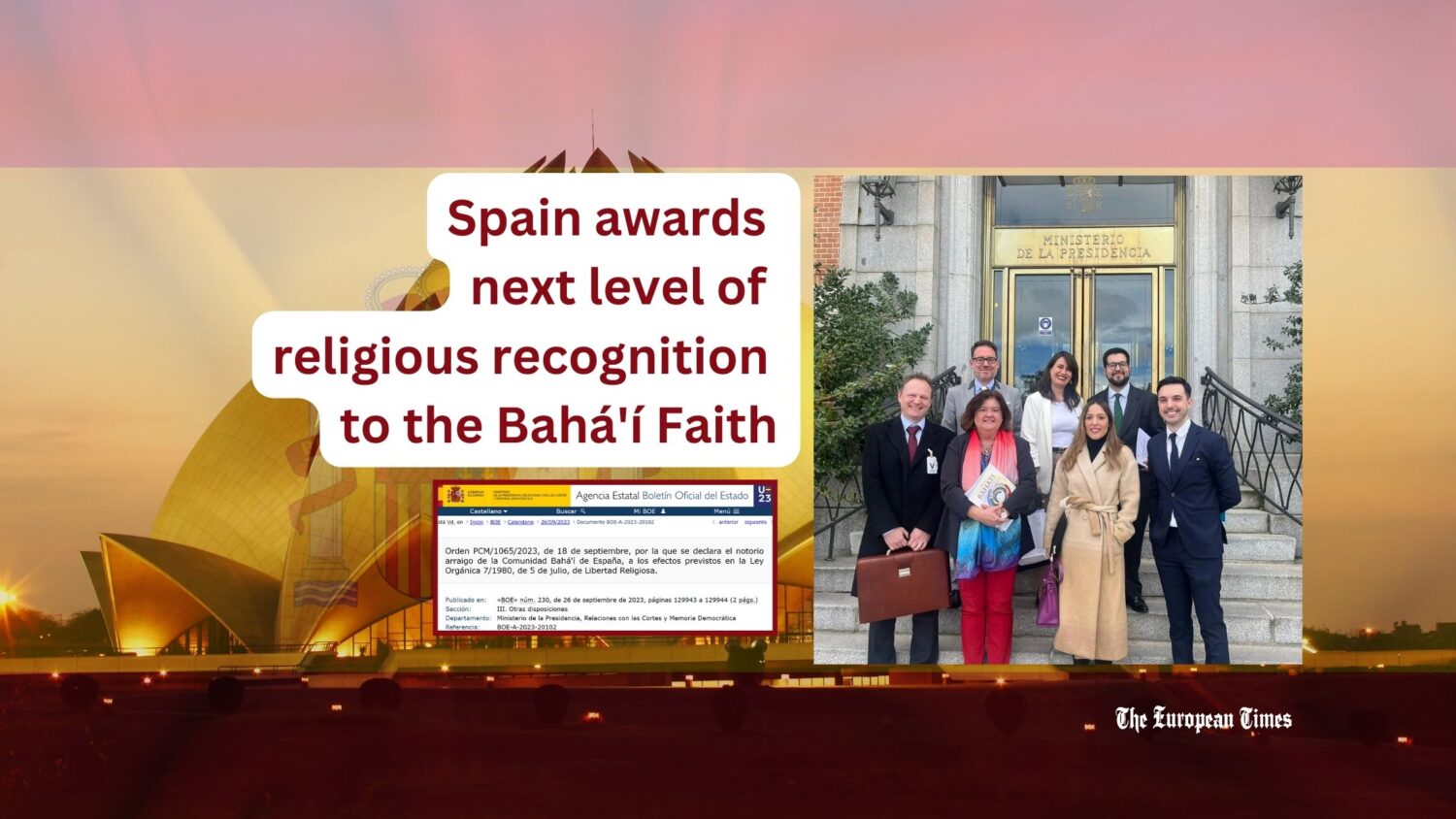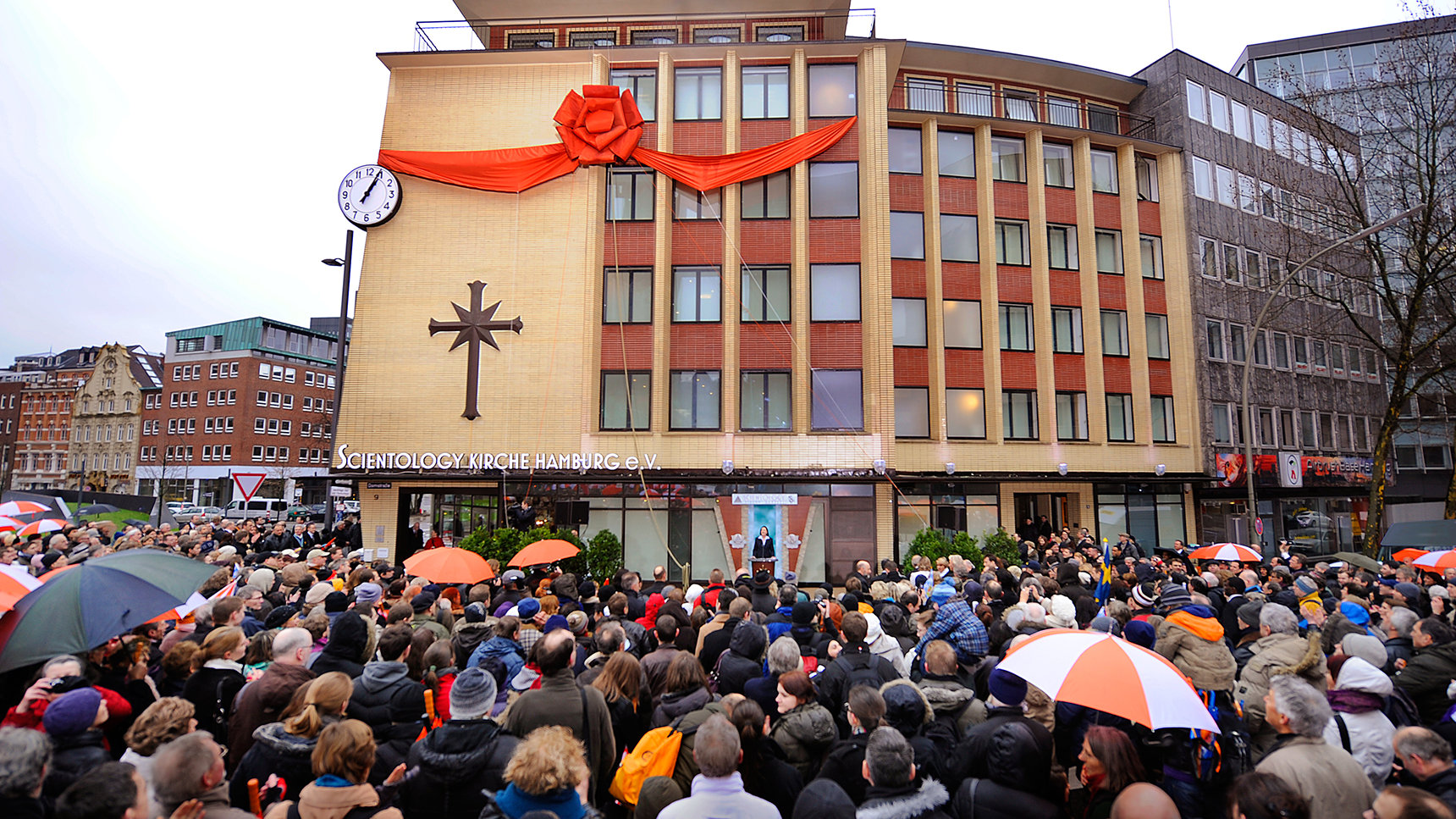Madrid, 26 September 2023- After 76 years of development as an integral part of Spanish society, the Bahá’í Community has been officially recognised by the Government as a community as deeply rooted in the country. The report of the Advisory Commission on Religious Freedom was unanimously favourable, marking a step forward in the recognition of minority rights and religious diversity in Spain.
Bahá’í, deeply rooted in Spain starting in 1947
Since the formation of the first group of believers in Spain in 1947, the Bahá’í Community has worked to put into practice its fundamental principle, which is the unity of humanity, within Spanish society through initiatives and processes of education, institutional development and social action, processes that this week have led to its official recognition as a community deeply rooted in the country, published in the BOE No. 230-Sec.III (the Official Bulletin or Gazette of the Spanish state).
This recognition, based on the provisions of Royal Decree 593/2015, has been made after the analysis of the report submitted to the General Subdirectorate of Religious Freedom, which supports the five fundamental criteria, among which is “the presence and active participation in Spanish society“.
Working with the society
In this regard, the declaration as deeply rooted of the Bahá’í issued by the Ministry of the Presidency highlights “the activity it carries out in society in the field of non-formal education, the defence of Human Rights, in particular, of religious freedom and of those persecuted for their Bahá’́í status, of equality between men and women, which forms part of the principles of the Bahá’í faith expressed by its founder“. In addition, the legal provision refers to “activity in the academic and legal fields, as well as participation in forums and inter-religious dialogue roundtables“.
In addition to the social role of this community, the ministerial order of notorious rootedness (or deeply rooted) recognises the fulfilment of a series of fundamental requirements: the Bahá’í Faith has been registered in the country for 55 years, with 108 registered entities and 17 places of worship listed in 15 Autonomous Communities and Autonomous Cities. It is stressed that this community “has a structure ranging from the National Assembly to the Local Assemblies, with its statutes defining how its legal representatives are elected, the minimum number of members to form a local community and the rules of coordination within its structure that guarantee continuity and responsibility within it“.
A step forward to equal treatment
“With the publication of this resolution, Spain and its administration are moving forward in the process of equalising the rights of minorities,” said Patricia Daemi, a member of the Bahá’í Community’s legal team. “The Bahá’í Faith becomes the eighth denomination to be granted this recognition in our country but, in this case, and for the first time, Royal Decree 593/2015 regulating the objective criteria for the deeply rooted declaration of religious denominations in Spanish territory is being implemented,” emphasises Daemi.
Another element to highlight is the unanimous favourable report issued by the Advisory Commission on Religious Freedom, composed of experts, government representatives and religious leaders of denominations with notorious roots, as it represents a step forward in the establishment of equal relations within the context of religious diversity in Spain.
Validity of Bahá’í religious marriages
Having the status of “deeply rooted” automatically allows religious communities to give civil validity to marriages celebrated under their worship, a permanent seat in the Advisory Commission on Religious Freedom of the Ministry of the Presidency and the formal capacity to establish a bilateral negotiation process with the Government.
“We understand that our role, like that of every religion, must be to build a more cohesive, just and prosperous society, taking advantage of the strength of spiritual principles such as love and the recognition that humanity is one family,” explains Virginia Pedreño, Secretary General of the Bahá’í Governing Council. “For this reason, the recognition of the well-known rootedness is not only a goal achieved but also an impulse and a motivation to continue contributing to the development of society“.














